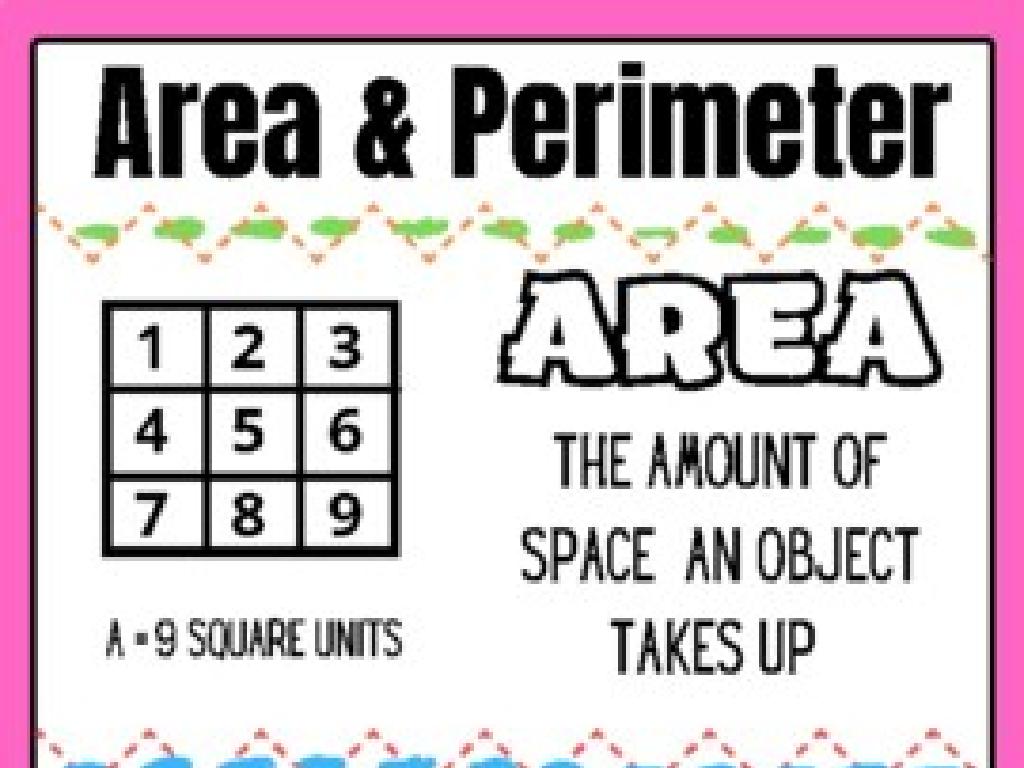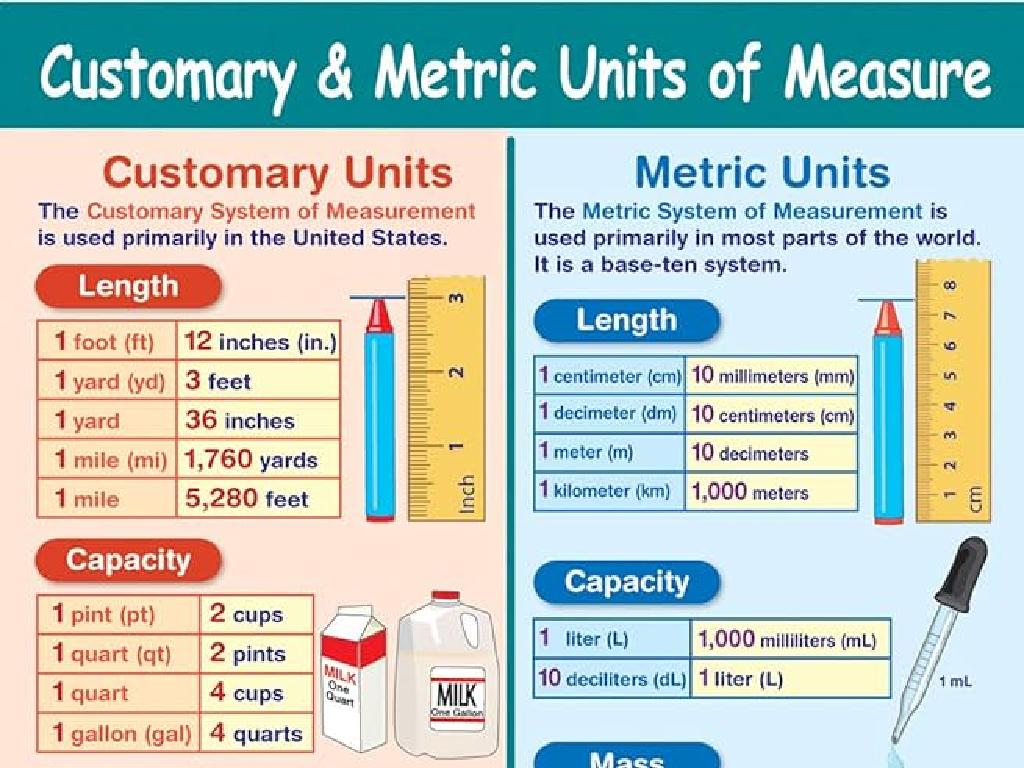Classical Athens: Government And Culture
Subject: Social studies
Grade: Seventh grade
Topic: Greece
Please LOG IN to download the presentation. Access is available to registered users only.
View More Content
Exploring Classical Athens: Government and Culture
– Introduction to Classical Athens
– The heart of ancient Greek civilization, known for its art, architecture, and philosophy.
– Athens’ role in Greek history
– A powerful city-state that influenced politics, education, and culture in Greece.
– Overview of Athenian government
– Democracy began here; citizens had a say in decision-making.
– Glimpse into Athenian culture
– Rich in drama, sculpture, and philosophy; the birthplace of many ideas we use today.
|
This slide sets the stage for a lesson on Classical Athens, highlighting its importance in Greek history and its contributions to government and culture. Begin by introducing Athens as a significant city-state that became a symbol of Greek achievement. Discuss its pioneering role in developing democracy, where citizens could participate in decision-making. Highlight cultural achievements such as drama, art, and philosophy, emphasizing how these elements are foundational to Western culture. Use this introduction to spark curiosity and provide a framework for the detailed exploration of Athenian government and culture in the following lesson.
Exploring Athenian Democracy
– Definition of democracy
– Democracy means ‘rule by the people’.
– Functioning of Athenian democracy
– Citizens voted directly on laws and policies.
– Citizen roles and responsibilities
– Participation in voting and public debate was expected.
– Impact on modern governance
– Athenian ideas influence today’s democratic systems.
|
This slide introduces students to the concept of democracy, specifically focusing on its origins in Athens, Greece. Begin by defining democracy as a form of government where power is held by the people. Explain how Athenian democracy was direct, with citizens actively participating in the legislative process, rather than through elected representatives. Discuss the roles and responsibilities of Athenian citizens, emphasizing the importance of engagement in civic duties such as voting and public debate. Highlight the lasting impact of Athenian democracy on modern governance, drawing parallels to contemporary democratic practices. Encourage students to think about how these ancient concepts still affect our lives today.
Comparing Ancient and Modern Democracy
– Similarities with modern democracy
– Both systems value citizens’ participation and voting on decisions.
– Differences from today’s systems
– Athenian democracy was direct, ours is representative; only free men participated in Athens.
– Reflect on democratic evolution
– Consider how democracy has expanded and become more inclusive over time.
– Engage in a class discussion
|
This slide aims to draw parallels and contrasts between the democratic practices of Classical Athens and those of the present day. Highlight the concept of citizen participation as a common thread. Discuss the direct democracy of Athens, where citizens voted on every decision, versus the representative democracy we have today, where we elect officials to make decisions on our behalf. Note the exclusivity of the Athenian system, which was limited to free men who were Athenian citizens. Encourage students to think critically about the evolution of democracy, considering how it has become more inclusive and the ways in which it still can improve. The class discussion should allow students to articulate their thoughts on the differences and to appreciate the advancements in democratic governance.
Athenian Culture: Pillars of Western Civilization
– Theatre and drama in Athens
– Central to social life, used for storytelling and social commentary
– Athenian philosophy and philosophers
– Thinkers like Socrates, Plato, and Aristotle shaped Western thought
– Art and architecture’s lasting impact
– Innovations like the Parthenon influenced design principles
– Athens’ cultural legacy on the West
|
This slide aims to highlight the significant cultural contributions of Classical Athens to Western civilization. Emphasize the role of theatre and drama as both entertainment and a means of political and social engagement. Discuss the profound influence of Athenian philosophers, particularly Socrates, Plato, and Aristotle, on Western philosophy, ethics, and reasoning. Explore the enduring impact of Greek art and architecture, exemplified by the Parthenon, on Western aesthetic standards and architectural practices. Lastly, tie these cultural elements together to show how they collectively established a legacy that continues to shape Western society and thought.
Daily Life in Athens
– Social hierarchy and activities
– Citizens, metics, women, and slaves had distinct roles.
– Education, women, and slaves
– Only boys received formal education; women managed the household.
– Athenian religious practices
– Worship of gods like Athena was central to daily life.
– Festivals and cultural events
– Festivals like Panathenaea united the city in celebration.
|
This slide explores the intricacies of Athenian society, focusing on the social structure which was divided among citizens, metics (non-citizen residents), women, and slaves, each with specific roles and activities. Education was primarily for boys, preparing them for civic life, while women were largely confined to domestic duties. Slaves were an integral part of the workforce. Religion permeated Athenian life, with numerous gods and goddesses worshipped through various rituals and temples. Festivals were significant, with events like the Panathenaea fostering a sense of community and religious devotion. Encourage students to compare Athenian society with modern society, noting similarities and differences in social structure, gender roles, and religious practices.
Class Activity: Athenian Society Role-Play
– Role-play as Athenian citizens
– Experience a day in Classical Athens
– Understand diverse perspectives
– Reflect on the activity’s insights
– Share what life in Athens taught you
|
This activity is designed to immerse students in the daily life of Classical Athens by role-playing different societal roles. Students will be assigned various characters such as politicians, philosophers, soldiers, or merchants. They will act out scenarios that illustrate the social structure, government, and culture of Athens. The objective is to help students empathize with different viewpoints and understand the complexities of Athenian society. After the role-play, students will reflect on their experiences and share insights with the class. This will deepen their understanding of the era’s cultural and governmental norms. For the teacher: Prepare character cards, scenarios for role-play, and discussion questions for the reflection session. Ensure each student has a clear role and instructions for the activity.






